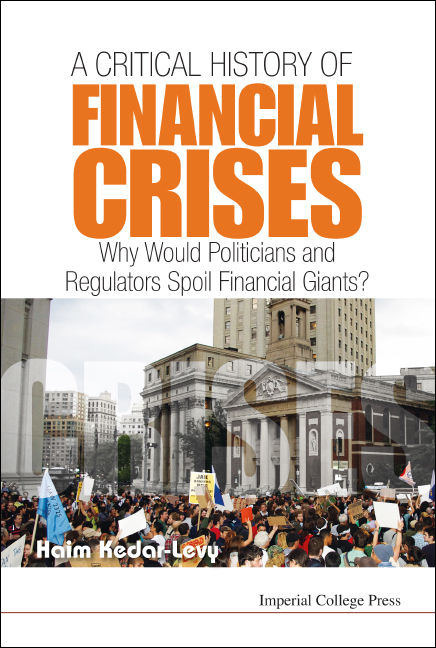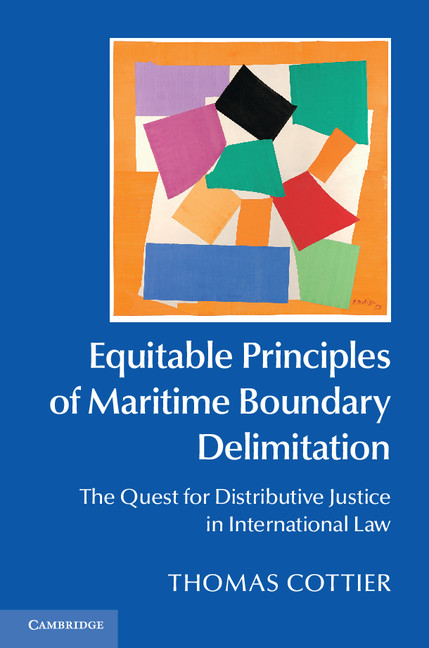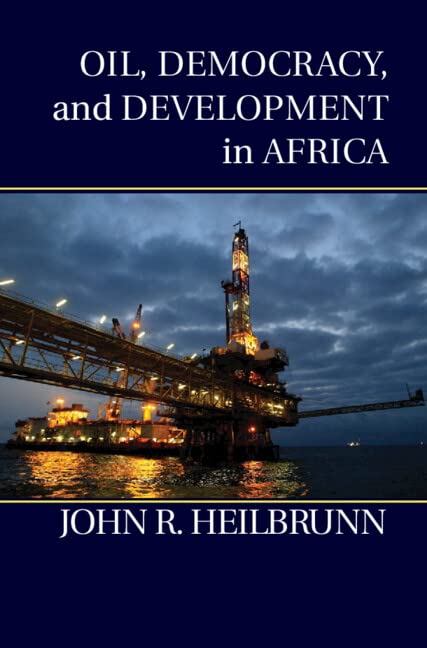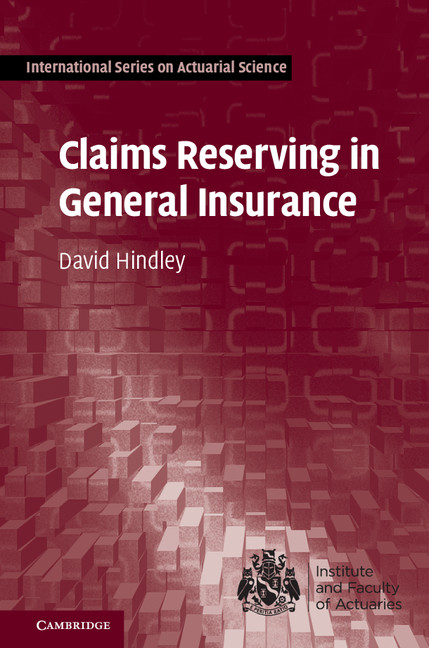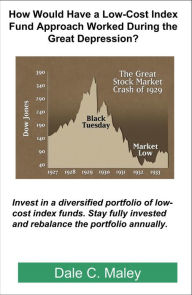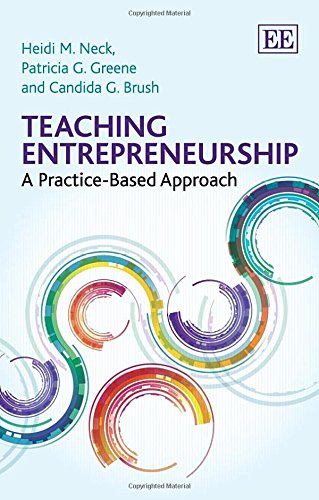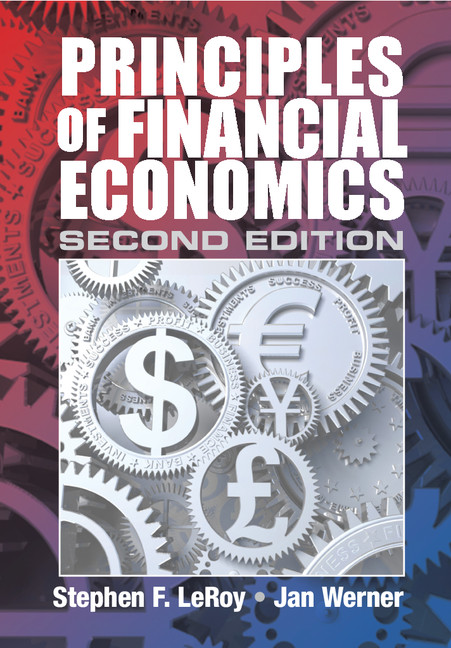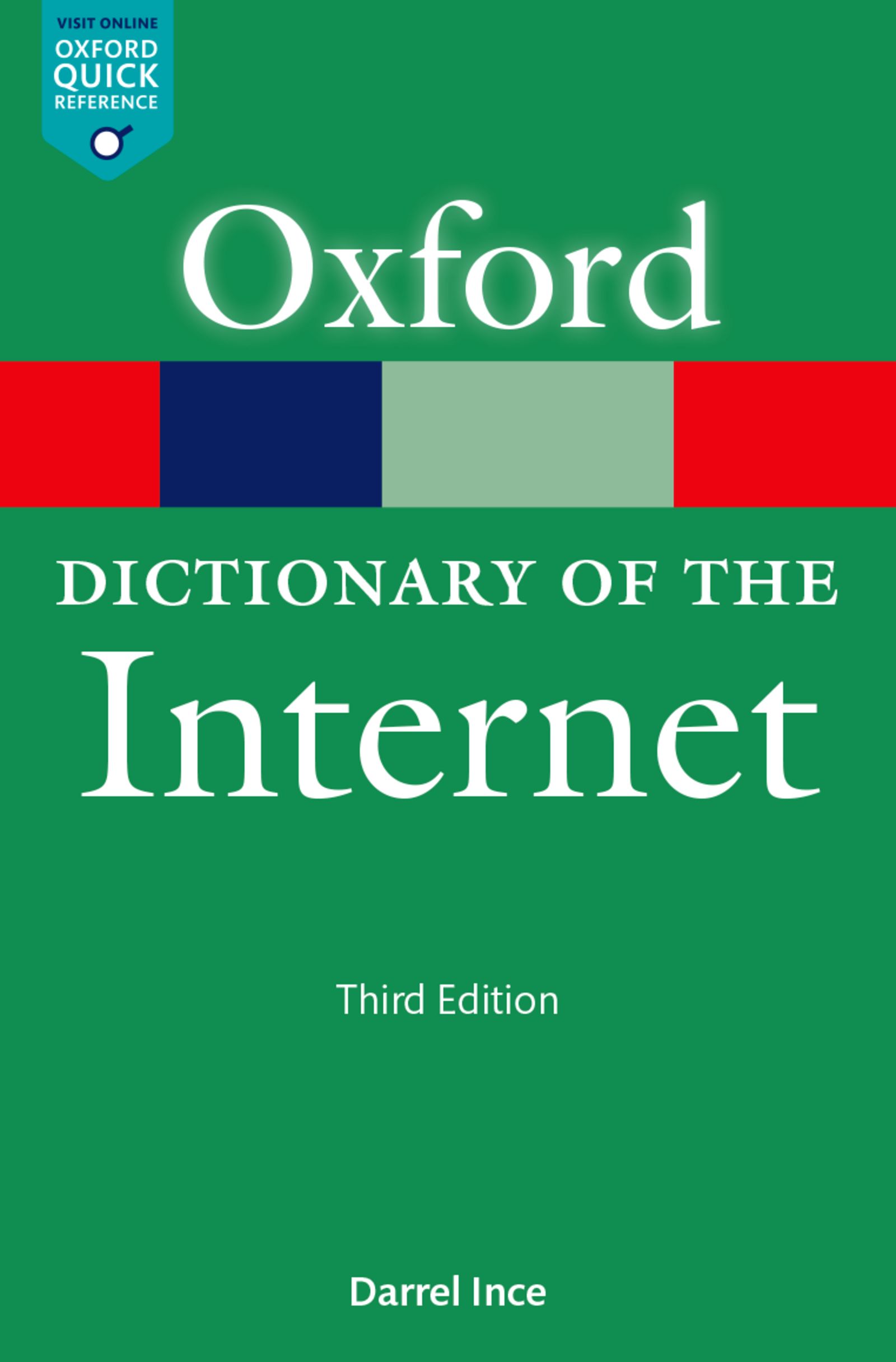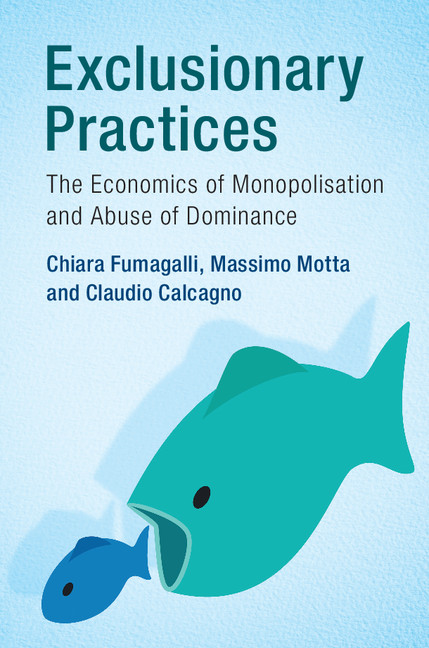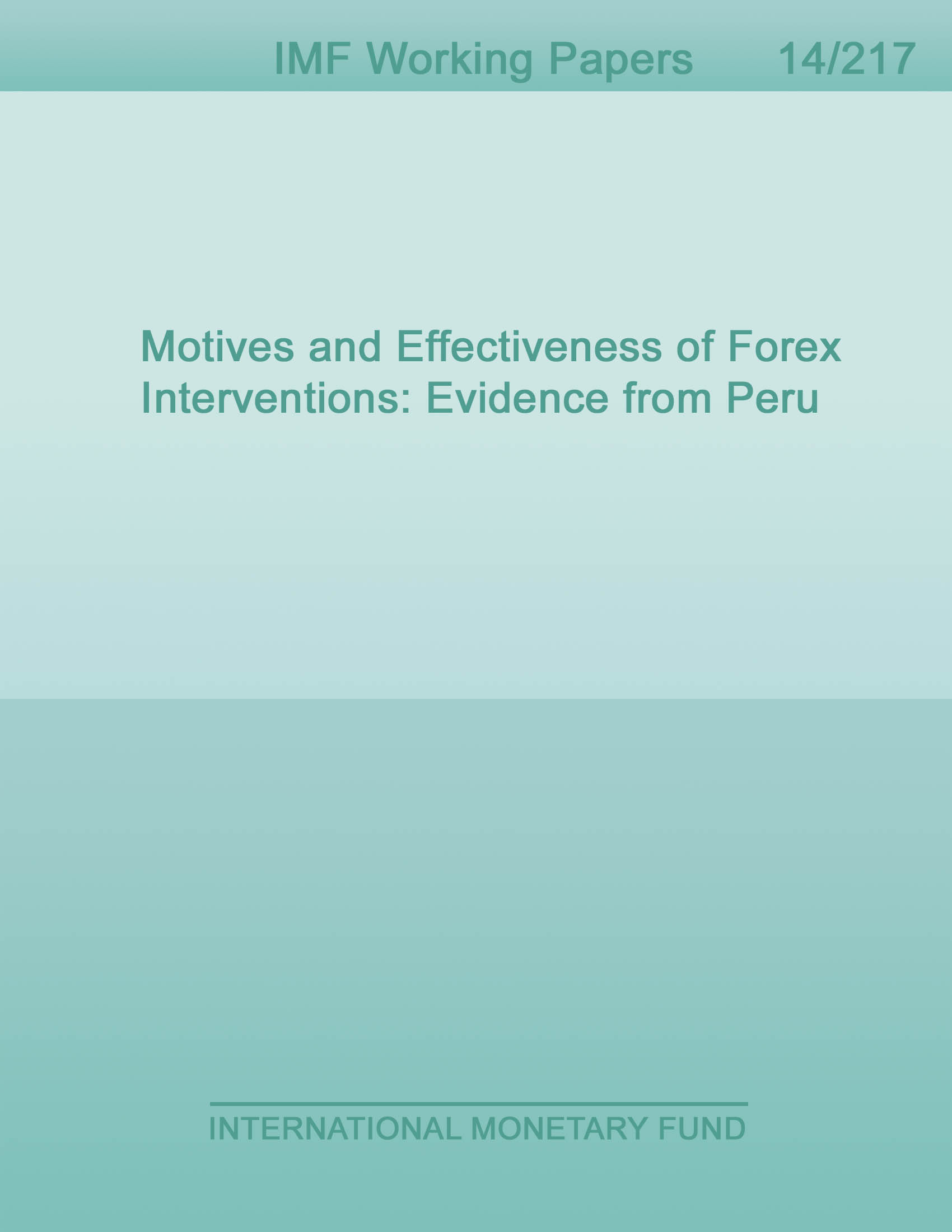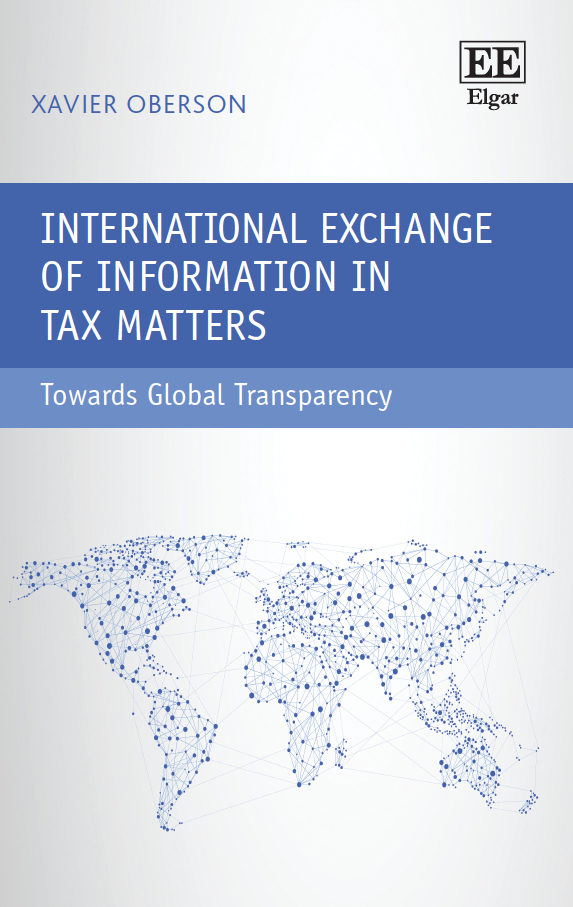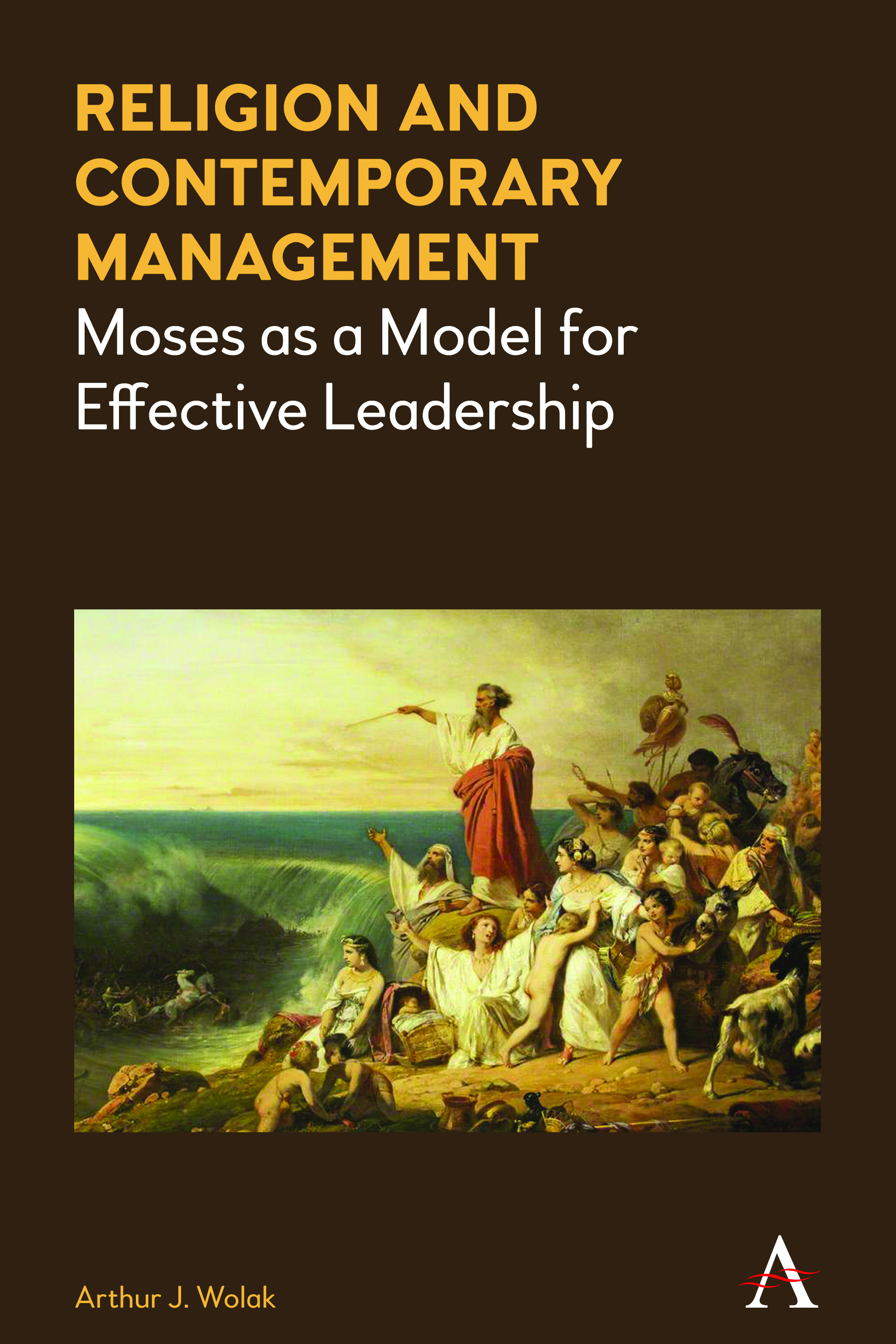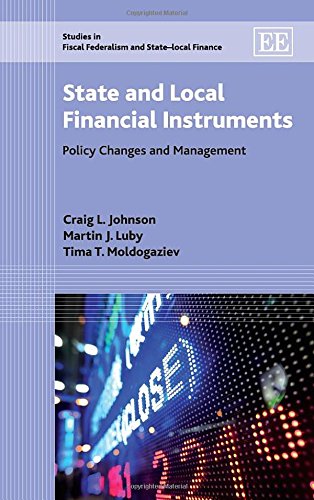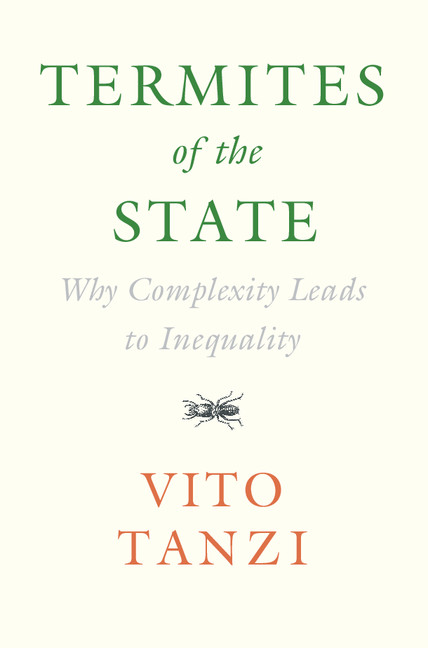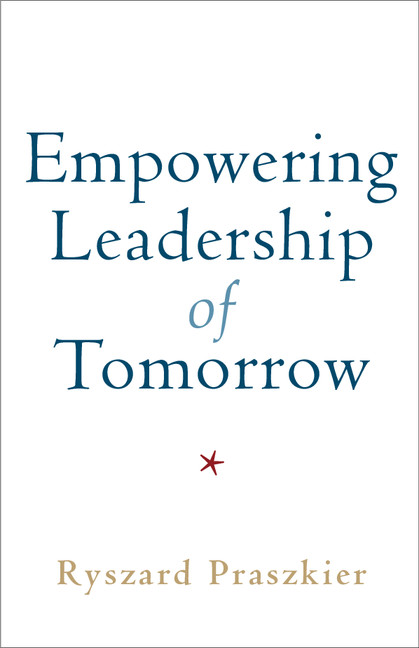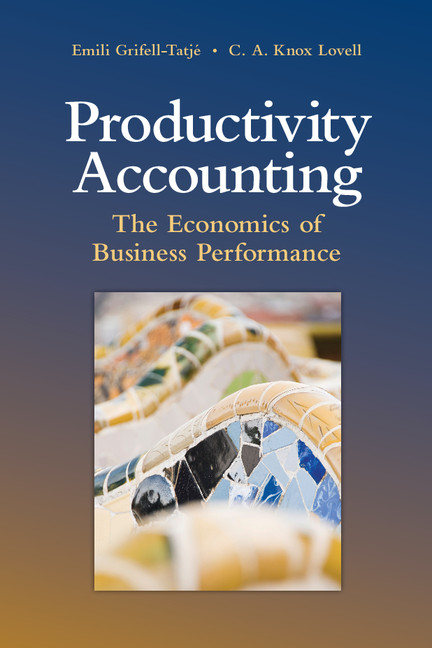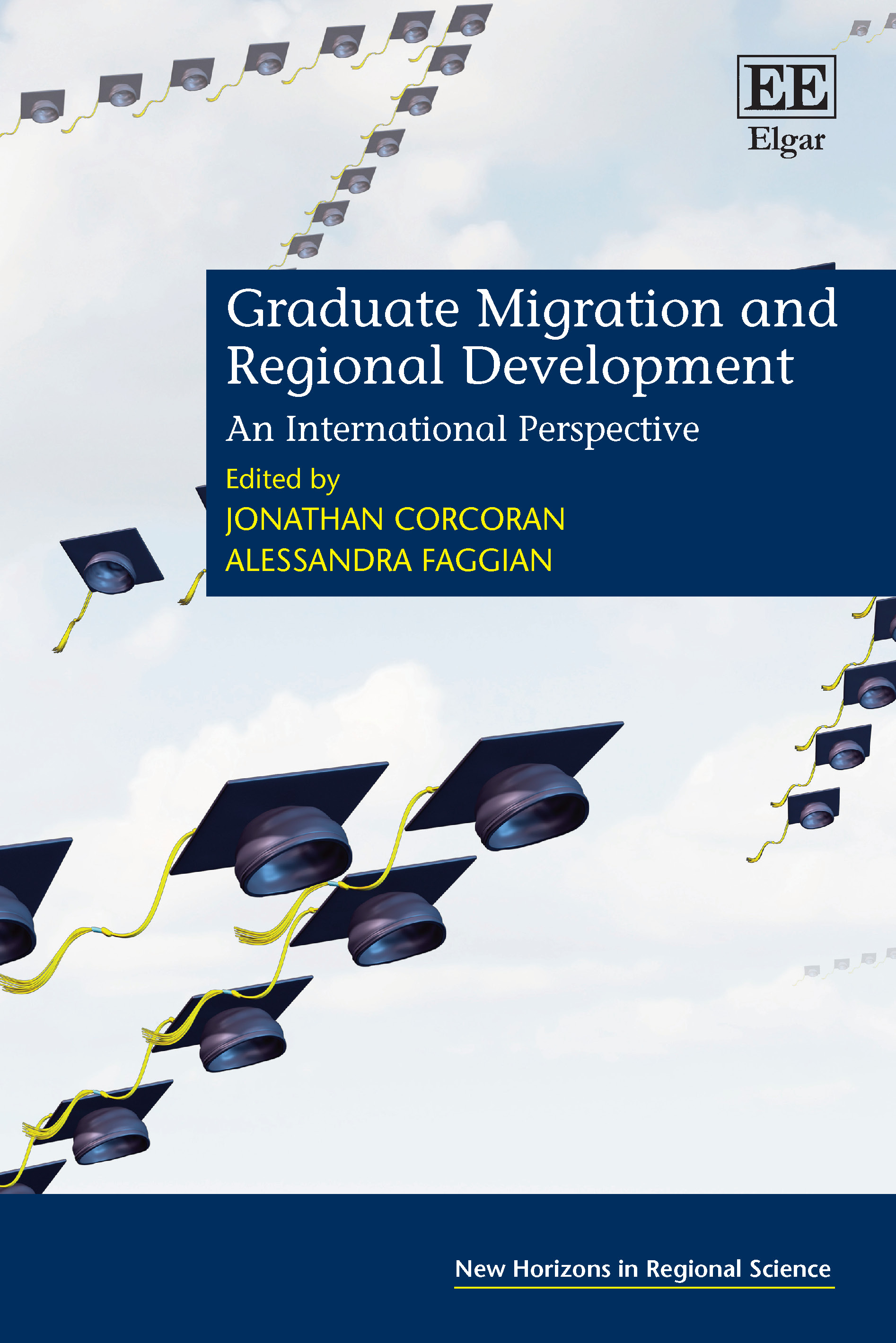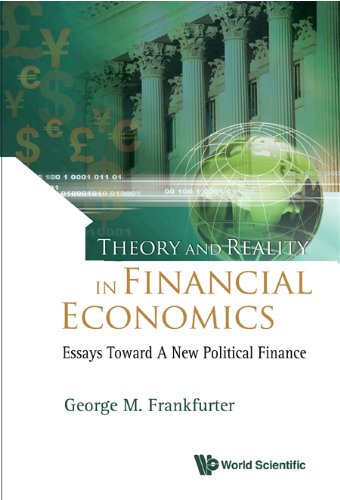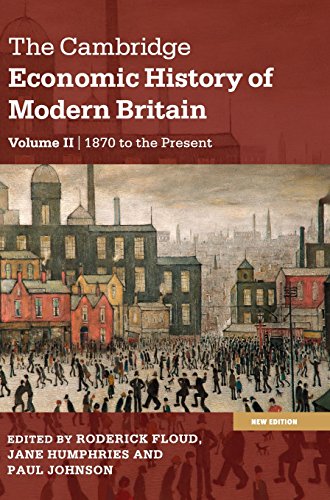A Critical History of Financial Crises
by Haim Kedar-Levy
2020-04-16 15:18:13
A Critical History of Financial Crises
by Haim Kedar-Levy
2020-04-16 15:18:13
"While each financial crisis is unique and has its own special features, there are a lot of similarities in the dynamics leading to a crisis and also in their resolutions. Some of the financial crises are caused by the lack of appropriate regula...
Read more
"While each financial crisis is unique and has its own special features, there are a lot of similarities in the dynamics leading to a crisis and also in their resolutions. Some of the financial crises are caused by the lack of appropriate regulation, but often the regulators were ignoring the signals of imminent crises, while serving implicitly or explicitly, the financial industry. In his book, Prof. Kedar-Levy is providing a fresh look at many famous financial crises around the globe, analysing their causes and effects. The special role of regulators is highlighted, including the "Capture Theory" in practice. This book is suitable for economist as well as for those interested in economic history, and for all those concerned with the stability of current international financial markets." Professor Dan Galai. The Hebrew University, Jerusalem. Contents: What are Bubbles and Financial Crises?; Key Properties of the Financial System and Financial Securities; Commercial Banking and Banking Crises; The Roaring Twenties and the US Bubble of 1929?; The 'Great Depression' in the US; The Crisis of Confidence in Corporate America, 2001–2004?; The Internet Bubble; When Banks Manipulate their Stock Prices: Israel's Systemic Banking Crisis; The Tequila Crisis and South America's Hangover; Japan and the East Asian Tigers; The US Real Estate Bubble; Incentives, Regulatory Capture and Collapse; Shadow Banking, the Collapse of Investment Banking, and the Rescue of AIG; New Regulations; Global Implications of the Credit Crisis?; Regulatory Capture and Corruption vs. Integrity and Stability. Readership: Practitioners, undergraduates and graduate students in the fields of economics, business, finance, political science, policy studies, international relations and public policy.
Less


